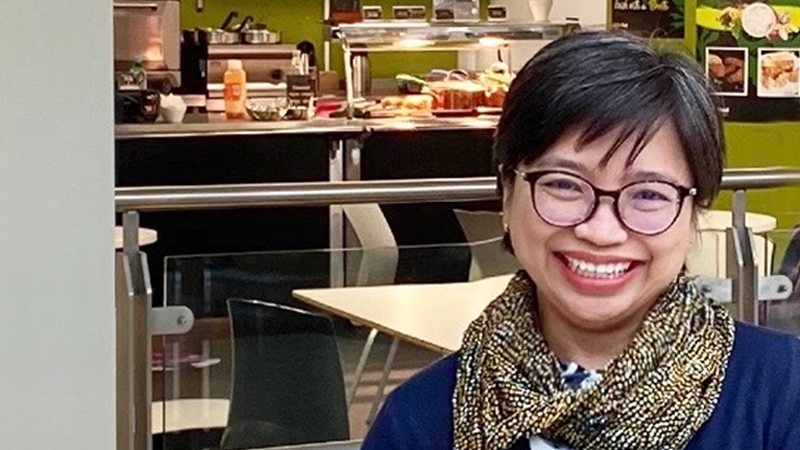Research in Progress: Encouraging pro-environmental behavior among women groups in Indonesia
August 24, 2022

By Gregoria A. Yudarwati, Universitas Atma Jaya Yogyakarta, Indonesia
Sustainability communication not only aims to provide a clear and persuasive understanding of sustainable development and of campaigning for its acceptance, but also to involve people in the sustainable development process and encourage them to actively take part in it. Following a societal approach, public relations is perceived of having a significant role to create a space for public debate on sustainability issues.
In spite of this, while some companies view sustainability management as an essential approach to ensure long-term success and even view corporate sustainability communication as a potential channel for organizational and social change, others practice corporate sustainability communication only to do greenwashing and to improve their reputation in the short-term.
In parallel, the dominant organization-centric perspective of public relations, has been criticized of mainly serving organizational goals while failing to consider public interests and power dynamics between organizations and their publics. Meanwhile, approaches that incorporate and serve the interests of those who are disempowered by modernism and globalization, like women, are seen to be essential.
Using an empirical study of how a multinational company in Indonesia engages with women groups in sustainable development initiatives, this study provides an alternative perspective on how the corporation as well as women groups, develop sustainability communication solutions together.
This study explores the corporate sustainability communication to encourage women groups toward pro-environmental behavior and circular economy initiative. Pro-environmental behavior can be defined as all possible actions aimed at avoiding harm to the environment either performed in public or private domains. Circular economy represents the integration of economic activity and environmental wellbeing in a sustainable way.
Combining these initiatives can not only be a solution to the problem of waste in Indonesia but also provide livelihoods for those who are part of the recycling value chain. Work on the circular economy, however, has largely focused on the environmental and business aspects of circularity, while there has been little analysis of the social implications, in particular the role of women in leading the necessary transformations in the circular economy.
This study, accordingly, maintains that corporate sustainability communication should facilitate communication process that promotes the ideas of equality and inclusion of the public who bring their identities, histories, stories, biases and imperfections, into the decision-making process. This study aims to address the following research questions from the perspective of women groups:
- What is the content of communication undertaken by the corporation when it seeks to engage women groups towards pro-environment behavior and circular economy initiative?
- What are women groups’ expectations about what, how and when they wish to be communicated with the corporation towards pro-environment behavior and circular economy initiative?
- Is there a model of communication that can facilitate the needs of both the corporation and women groups in achieving sustainable development which is also culturally sensitive?
Applying a participatory method appreciative inquiry, this study offers a deliberative approach that views women as the main actors rather than objects of sustainable development. The waste management and circular economy initiative of a multinational company towards women groups in Bali, Indonesia, is chosen as the case study.
The sociocultural background of Balinese women, who play triple roles, which are reproductive role (domestic role), economics role (productive role) and social role (adat or custom), offers an adequate setting to enrich this study. Involving Balinese women as the subject provides an opportunity to understand social dimensions of sustainable development and corporate sustainability communication directly from the public.
By exploring the practice of corporate sustainability communication from the perspectives of women groups, this study is in support of the Page Principle “Listen to the Stakeholder,” as this study engages community groups through inclusive dialogue. Further, adding a novel approach originating from an Eastern culture is also paramount to the debate, as it promotes the spirit of having a global perspective in sustainability communication.
For more information about this study, email Gregoria at arum.yudarwati@uajy.ac.id. Findings of this study will be shared next year. This study is a part of the Center’s 2022 Page/Johnson Legacy Scholar Grant for research proposals focusing on sustainability communication.

